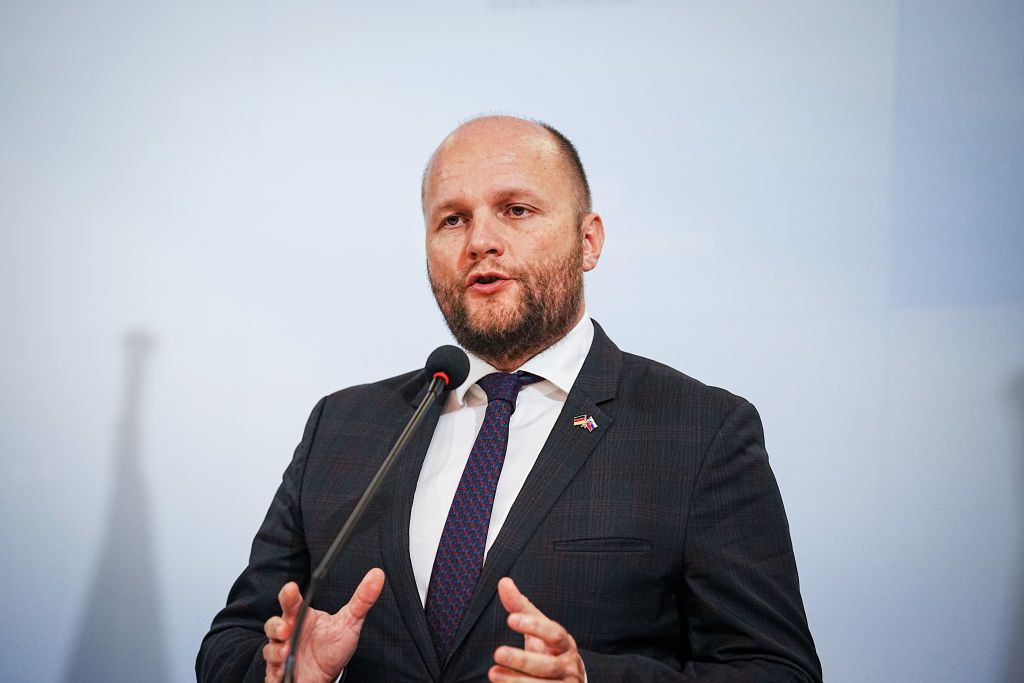EU devises workaround for possible Hungary veto of funds for Ukraine, FT reports

The EU has developed a legal workaround to prevent Hungary vetoing a move to use profits from frozen Russian assets to aid Ukraine, the Financial Times reported on June 24.
The EU Council agreed on May 21 to use profits from the frozen Russian sovereign assets to aid Ukraine, releasing up to 3 billion euros ($2.7-3.26 billion) annually, with most of it allocated to Kyiv's military needs.
But concerns have been raised about a potential veto of the move from Hungary.
Budapest has repeatedly opposed Ukraine's accession to NATO and the EU, sanctions on Russia, undermined Western aid efforts for Ukraine, and maintained close relations with Moscow throughout the full-scale war.
According to the FT, EU chief diplomat Josep Borrell said Hungary "should not be part of the decision to use this money" given it had abstained from a previous decision to use the funds in this way.
The legal workaround is scheduled to be discussed at a meeting of EU foreign ministers on June 24.
According to the FT, it will also be crucial for pressing forward with a G7 plan announced earlier this month to provide Ukraine with a $50 billion loan by the end of the year using interest from some $300 billion in frozen Russian assets.
The bulk of this money is held in EU countries meaning Hungary could vote to keep the assets immobilized indefinitely.
Hungary is also blocking three separate 500-million-euro ($540 million) tranches under the European Peace Facility (EFF) fund, as well as 5 billion euros ($5.4 billion) allocated for the EFF's Ukraine Assistance Fund.













